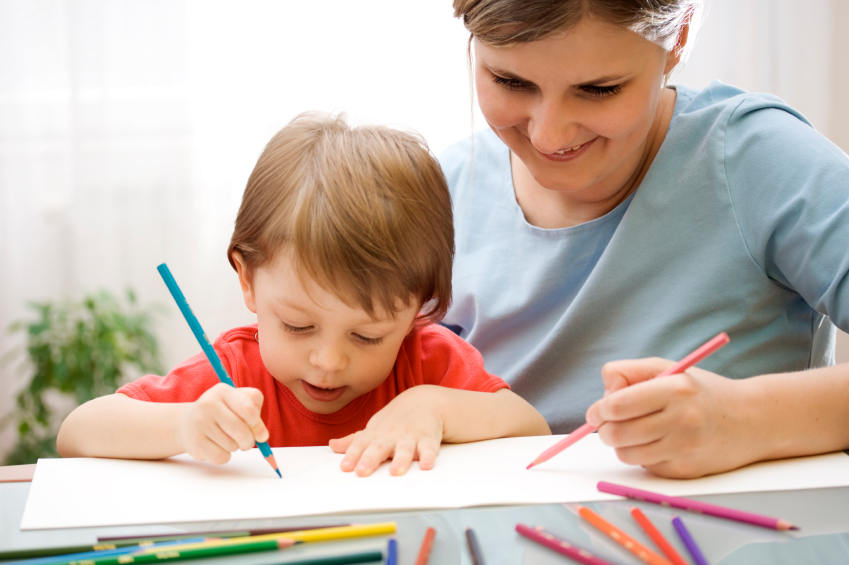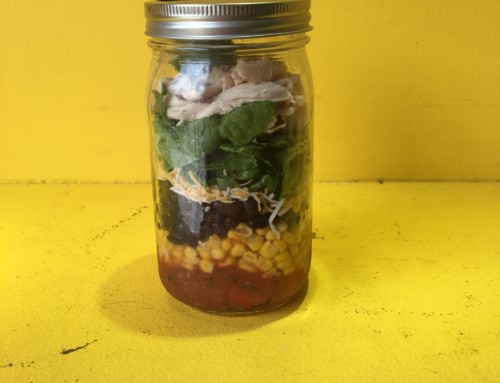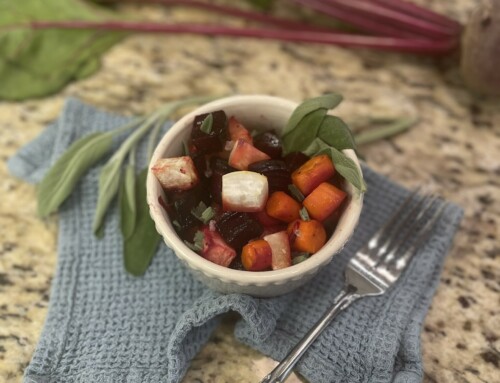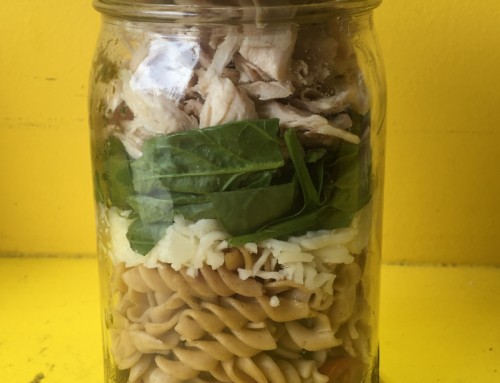JTA Wellness is ecstatic to introduce tips on healthy parenting from our newest team member, Katie Gaebel, Child Behavioral Specialist. Click Here to learn more about her.
Praise vs Encouragement:
There are many things in the world today that can interfere with your child developing positive self-esteem- everything from the media to well-meaning friends and loved ones can make a significant impact. However, parents are the most influential in a young child’s life. Through proper encouragement, you have the power make the world of difference to them.
There is a great distinction between encouraging our children and praising them. It is very important that parents understand the difference. When parents encourage their children, they use words that recognize effort and /or improvement. Encouragement is one of the simplest ways to instill a sense of self-confidence and pride for your children. Praise, on the other hand, lacks specificity and, indeed, can be the verbal equivalent of an on-off switch—the child’s actions are either “good” or “bad”.
Examples of praise vs encouragement:
Praise: Parent – “You are such a good helper!” Hearing this, the child might think, “What did I do to be a good helper?” Or, “What if I am not a good helper; does that mean I am bad?”
Encouragement: “You are such a good helper, thank you for picking up your toys” In hearing the latter, the child knows that when he/she picks up toys they have done a positive thing and will be more likely pick up toys again to get positive feedback.
Or consider a more nuanced exchange…
Praise: Child – “Do you like my dress?” Parent – ”Yes, it is very pretty”
Encouragement: Child – “Do you like my dress?” Parent: – “Yes, and I see that you enjoy bright colors….how fun!”
In the encouraging statement, the parent is letting the child know that he/she took the time to notice the child and what the child is wearing. The parent is not judging the decision- yes or no- but genuinely noticing!
In sum, praise is nonspecific, and is often given with very little thought. Encouragement requires a parent to listen and/or observe a child’s behavior. Praise is earned when an immediate goal has been met. Encouragement, on the other hand, allows a parent to notice a child’s effort and growth of skills while motivating the child to continue to improve upon the skills.
In a world full of demeaning and self-deprecating influences, proper encouragement can make a world of difference! for your child! When speaking with your child, try to be more expansive in your praise and turn it into an encouraging statement- a statement that lets the child know you notice them and their effort.
The recipe today, Autumn Apple Salad with Maple Vinaigrette, is a delicious Fall combination of apples, pecans, and feta cheese with a delightful maple syrup dressing. I can’t wait to make it again soon!







Leave A Comment